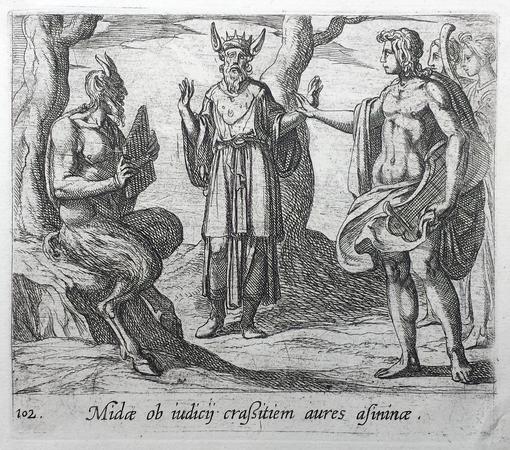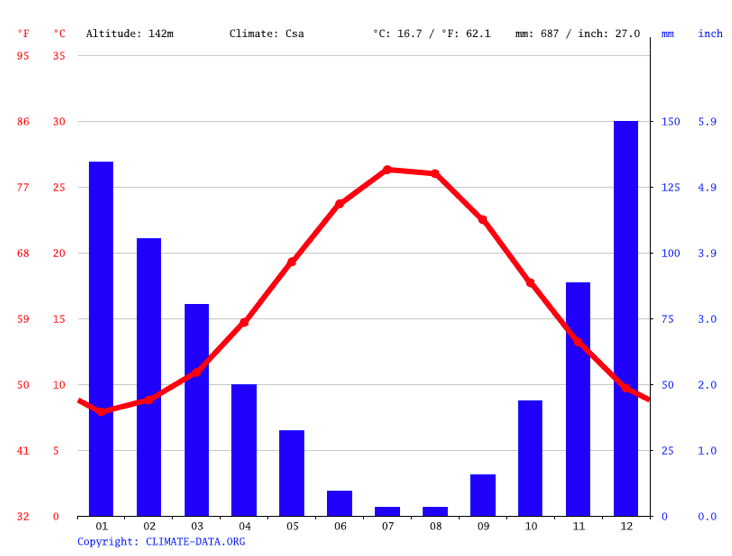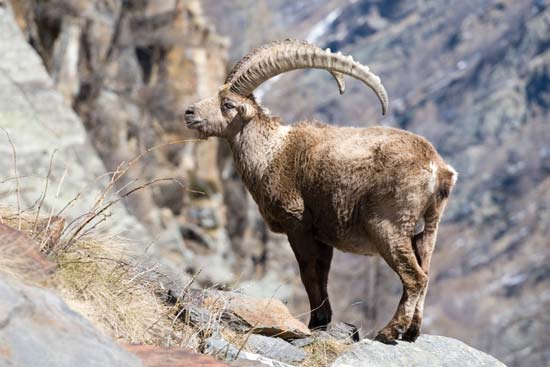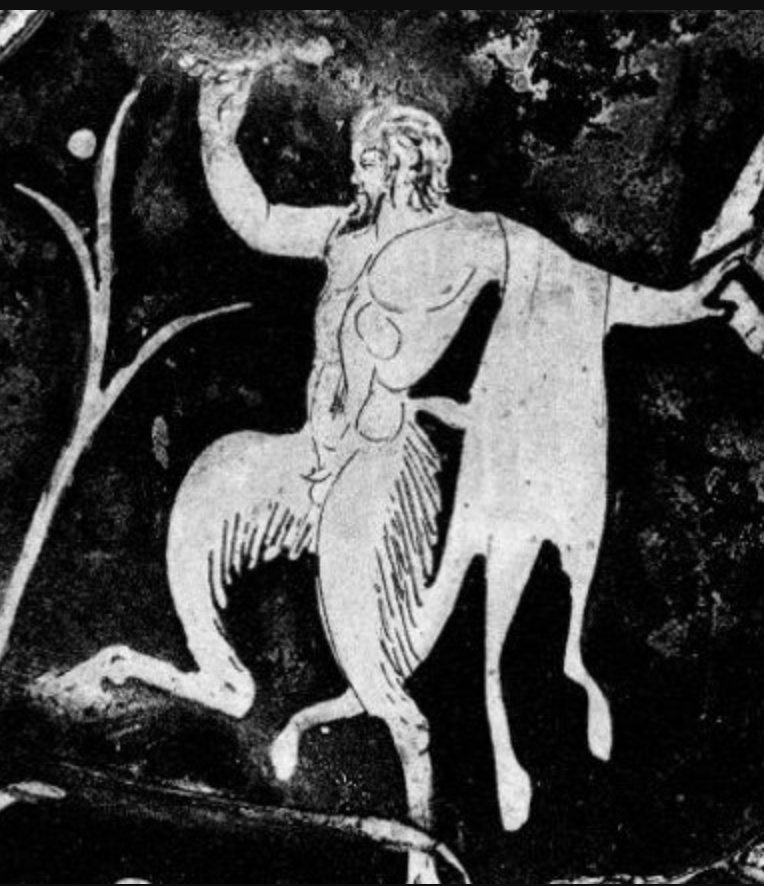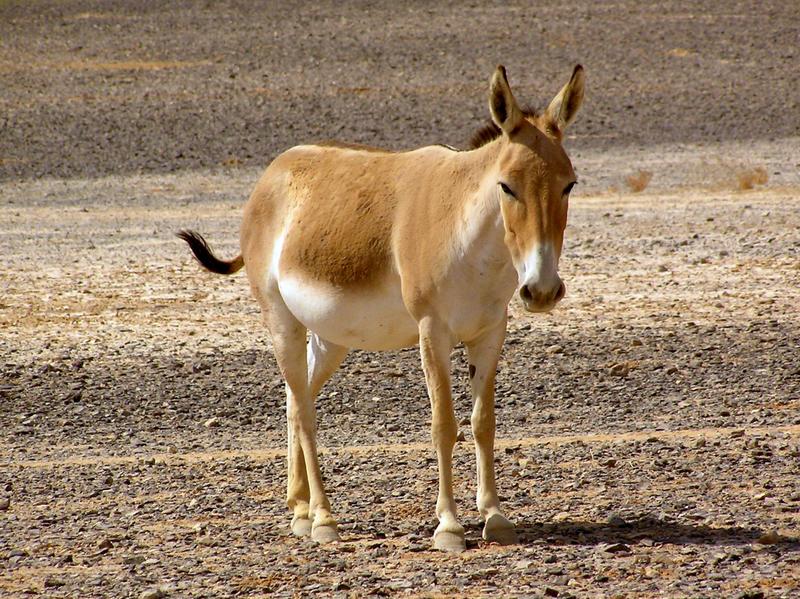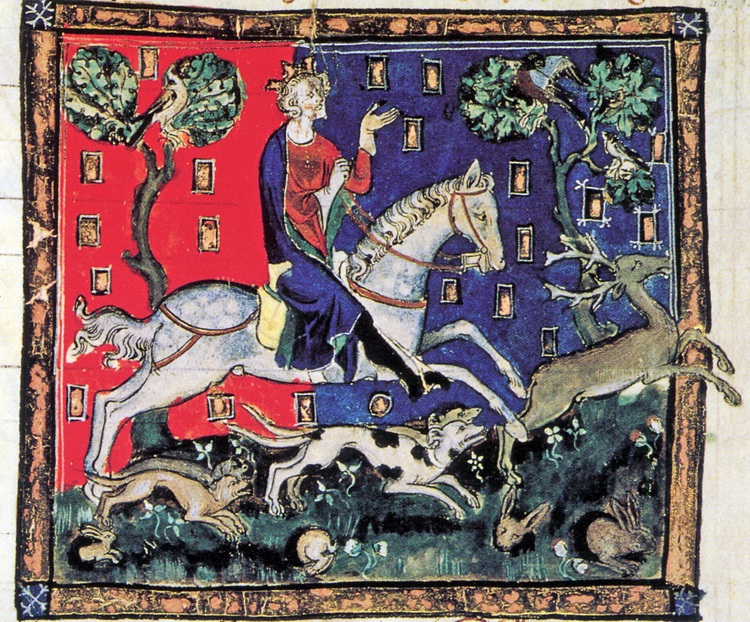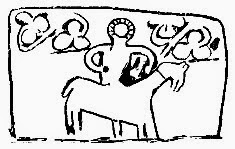Thread: there is something very interesting about the story "How King Midas got to have donkey& #39;s ears". It goes like this: Pan and Apollo have a musical competition. Tmolus, god of the mountain of the same name located in Lydia, Anatolia, judged the competition...
When Tmolus declared Apollo to be the winner, Midas, follower of Pan, objected as he believed that Pan was better musician. Apollo was so furious that Midas couldn& #39;t hear that his music was better than Pan& #39;s, that he turned the king& #39;s ears into those of a donkey...
Is this just random rubbish? Why donkey& #39;s ears? You would expect that if Apollo wanted to punish Midas for choosing Pan instead of Him, he would have given Midas goat& #39;s ears, just like Pan& #39;s?
Maybe the choice of ears has something to do with climate in this part of Anatolia. We can see from this chart that the climatic year in Lydia is divided into hot dry part, summer (Apr/May - Sep/Oct) and cool wet part, winter (Sep/Oct - Apr/May)...
As I explained in many of my posts, Ibex goat was in Eastern Mediterranean and Middle East symbol of rainy season, symbol of winter...This is because the beginning of the mating season of the Ibex goats (Oct/Nov) coincides with the beginning of the rain season, winter...
The rain season in this part of the world is the green season, the season of life. This is because it is the rain brought by the "goat of rain", which makes nature turn green, come alive again after the long dry yellow season of death...
This association between Ibex and rain eventually gave us Pan, the old god of vegetation who was obsessed with water nymphs...I talked about this here http://oldeuropeanculture.blogspot.com/2020/02/goat-riding-thunder-god.html">https://oldeuropeanculture.blogspot.com/2020/02/g...
The moment when wet, cool part of the year ends and the hot dry part of the year begins, is the time when Apollo (sun) triumphs over Pan (rain).
And right at that moment, in April, onagers, wild Asiatic asses (donkeys), begin their mating season...The mating season peaks during mid summer, and, believe or not, lasts until September...
Basically, the onager mating season coincides with the season in which Apollo, the sun, dominates over Pan, the rain...
So by giving King Midas donkey& #39;s ears and not goat& #39;s ears, Apollo is symbolically asserting his dominance over Pan...
So by giving King Midas donkey& #39;s ears and not goat& #39;s ears, Apollo is symbolically asserting his dominance over Pan...
Is this a coincidence? Am I reading too much into all this?
And did you know that this is one of several stories about the king with long ears from Eurasia?
https://oldeuropeanculture.blogspot.com/2014/03/long-ears.html">https://oldeuropeanculture.blogspot.com/2014/03/l...
And did you know that this is one of several stories about the king with long ears from Eurasia?
https://oldeuropeanculture.blogspot.com/2014/03/long-ears.html">https://oldeuropeanculture.blogspot.com/2014/03/l...
Now in 4 other versions the kings has horse ears. Interestingly wild horses have exactly the same mating habits like wild donkeys. I talked about this in http://oldeuropeanculture.blogspot.com/2020/06/trojan-horse.html.">https://oldeuropeanculture.blogspot.com/2020/06/t... So these two animal solar year symbols are pretty much interchangeable.
Even more interestingly, in the Breton version we have an explanation why the king has horse ears: he was hunting a white doe when his own arrow killed his horse which was called Sea horse???
As I explained in the Trojan horse article, the reason why Horse (Sea horse) is the symbol of Poseidon is because wild horse mating season (April - September) coincides with the sailing season in the Eastern Mediterranean...
And guess what happens in September in Europe? Deer root (mating) which starts in August, peaks in September...So again we have two animals marking two "seasons"...Horse marking hot dry part, and deer marking wet cold part...Which is why the horseman never catches the deer...
Is this again a coincidence? Oh by the way, I talked abut this "sacred deer hunt" in my post about "King John". http://oldeuropeanculture.blogspot.com/2017/01/king-john.html">https://oldeuropeanculture.blogspot.com/2017/01/k... When I wrote that article I didn& #39;t know about the link between animal mating habits and their symbolism...Now I know...
The fact that the horse mating season is directly governed by the length of the day, and it peaks on summer solstice, is probably the reason why white horse is the sacred animal of the Slavic sun god Svetovid...
I talked about this in my post about the "solar rider". http://oldeuropeanculture.blogspot.com/2015/05/svetovid.html">https://oldeuropeanculture.blogspot.com/2015/05/s... But again, when I wrote that post, I didn& #39;t know about the link between animal mating habits and their symbolism...Now I know...
In the Indian version of the story, the king has ox& #39;s ears. Ox, Bull, is another symbol of summer and sun because wild cattle calving and mating season both take place during the summer. http://oldeuropeanculture.blogspot.com/2016/05/ram-and-bull.html">https://oldeuropeanculture.blogspot.com/2016/05/r...
http://oldeuropeanculture.blogspot.com/2019/10/symbols-of-seasons.html">https://oldeuropeanculture.blogspot.com/2019/10/s...
http://oldeuropeanculture.blogspot.com/2019/10/symbols-of-seasons.html">https://oldeuropeanculture.blogspot.com/2019/10/s...
And ox was the symbol of summer in India since Indus Valley civilization. I talked about this in my post "Kharif and Rabi season" http://oldeuropeanculture.blogspot.com/2020/05/kharif-and-rabi-seasons.html">https://oldeuropeanculture.blogspot.com/2020/05/k...
In Serbia, the king has goat& #39;s ears, just like Pan& #39;s.  https://abs.twimg.com/emoji/v2/... draggable="false" alt="🙂" title="Leicht lächelndes Gesicht" aria-label="Emoji: Leicht lächelndes Gesicht"> Maybe Serbs favored Pan?
https://abs.twimg.com/emoji/v2/... draggable="false" alt="🙂" title="Leicht lächelndes Gesicht" aria-label="Emoji: Leicht lächelndes Gesicht"> Maybe Serbs favored Pan?  https://abs.twimg.com/emoji/v2/... draggable="false" alt="🙂" title="Leicht lächelndes Gesicht" aria-label="Emoji: Leicht lächelndes Gesicht"> From: https://oldeuropeanculture.blogspot.com/2020/11/onager.html">https://oldeuropeanculture.blogspot.com/2020/11/o...
https://abs.twimg.com/emoji/v2/... draggable="false" alt="🙂" title="Leicht lächelndes Gesicht" aria-label="Emoji: Leicht lächelndes Gesicht"> From: https://oldeuropeanculture.blogspot.com/2020/11/onager.html">https://oldeuropeanculture.blogspot.com/2020/11/o...

 Read on Twitter
Read on Twitter